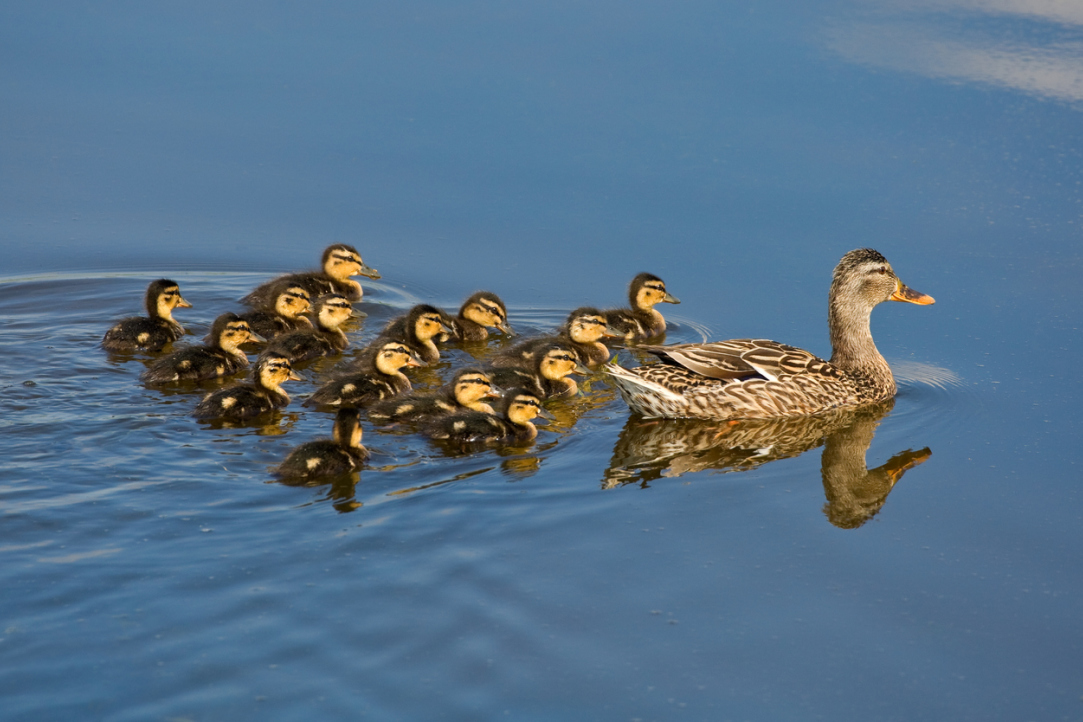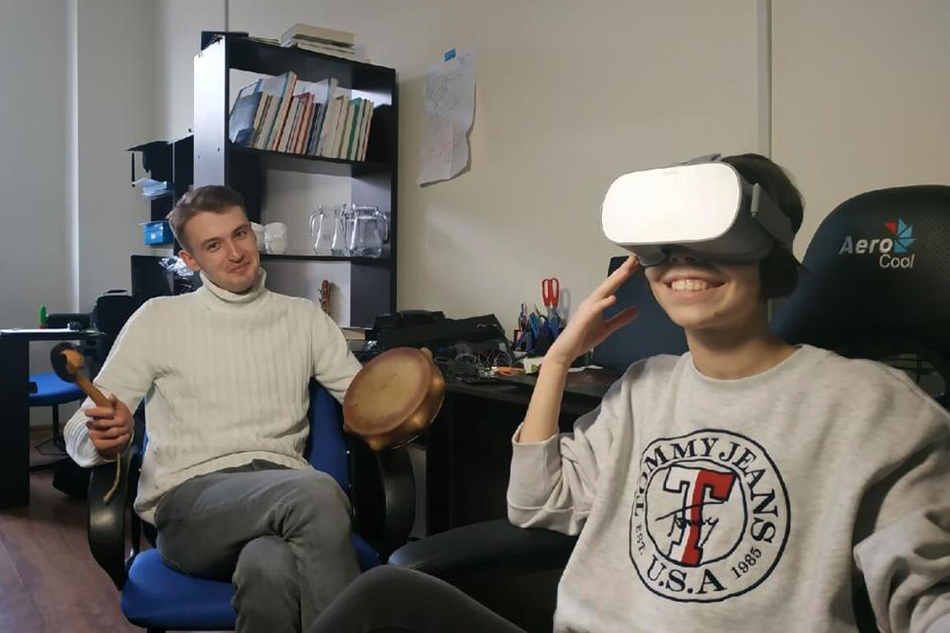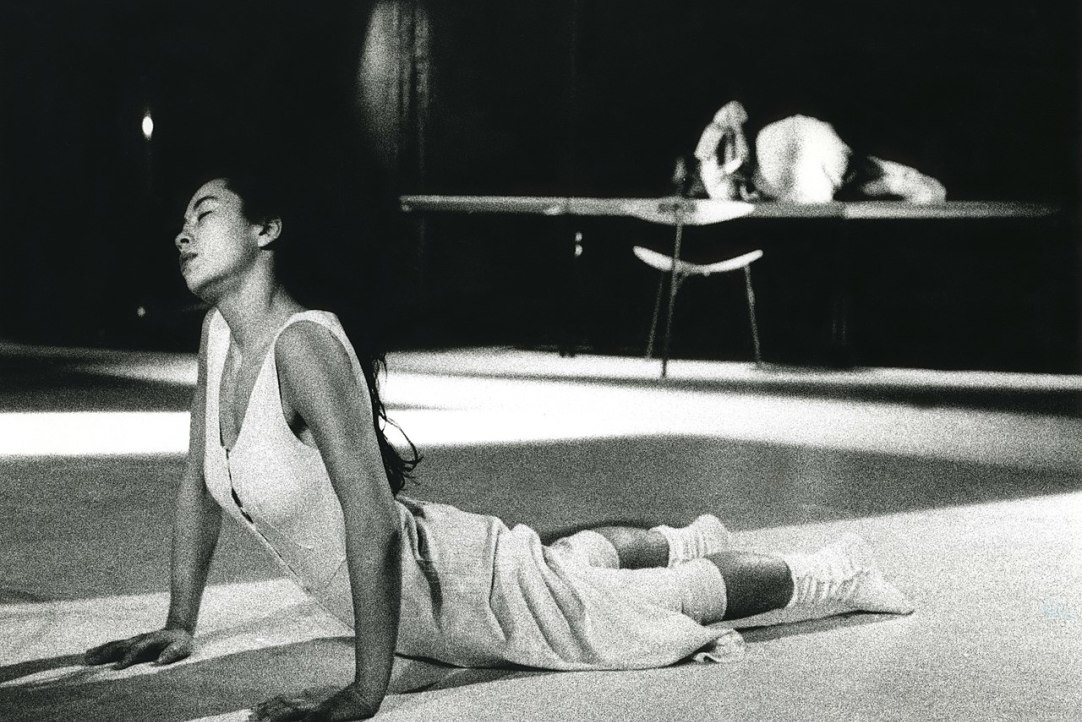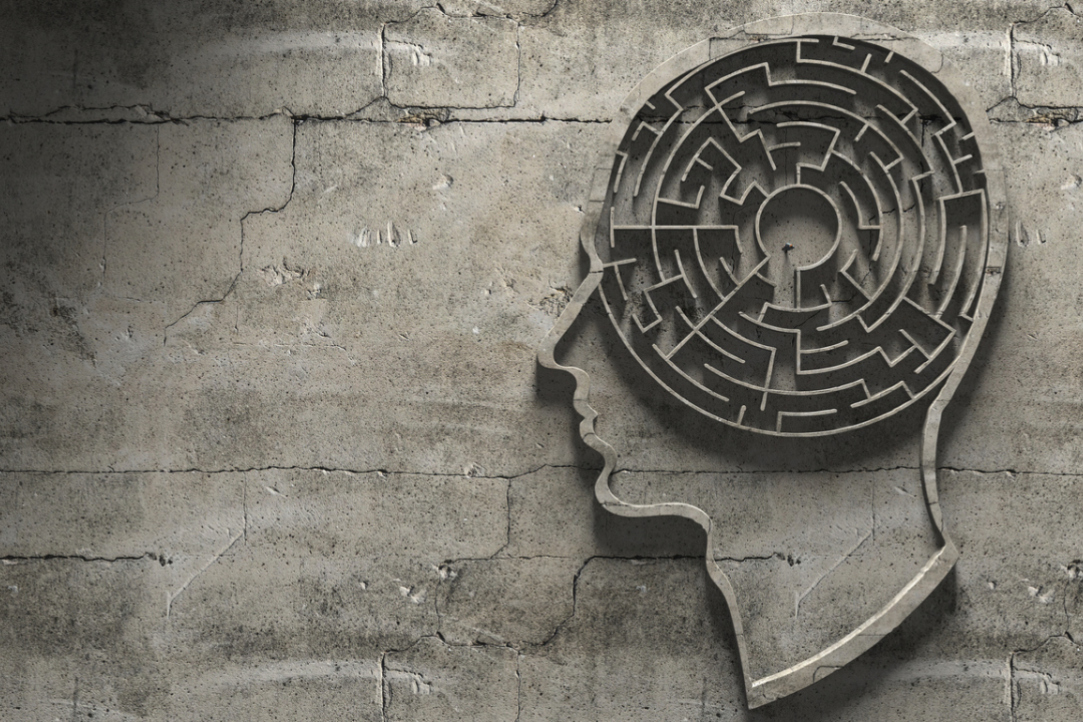
Research & Expertise





The International Centre for the History and Sociology of World War II and its Consequences at HSE University held a Graduate Student Seminar in Soviet History together with Sciences Po (France) on June 17 – 18, 2019. HSE News Service spoke with participants and instructors of the seminar, which examinedthe impact of WWII on the Soviet Union and surrounding regions, as well as aspects of the Soviet system from Stalin up to the 1980s.



On June 24-25, HSE University held the international academic conference, ‘The 1990s: A Social History of Russia’ organized by International Center for the History and Sociology of World World War II and its Consequences, the Boris Yeltsin Center, the Egor Gaider Foundation, and the Friedrich Ebert Foundation. HSE News Service spoke with Roberto Rabbia, one of the international participants, about how he became interested in Soviet history, why he reads Soviet newspapers, and what he has learned from his research.
